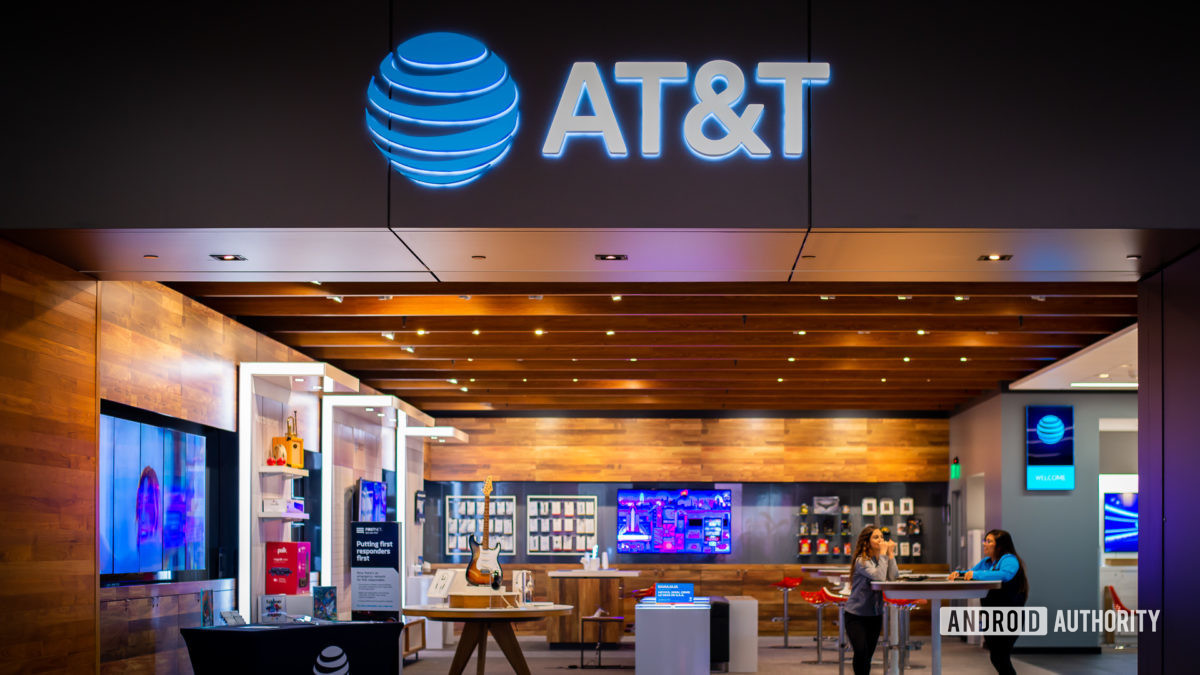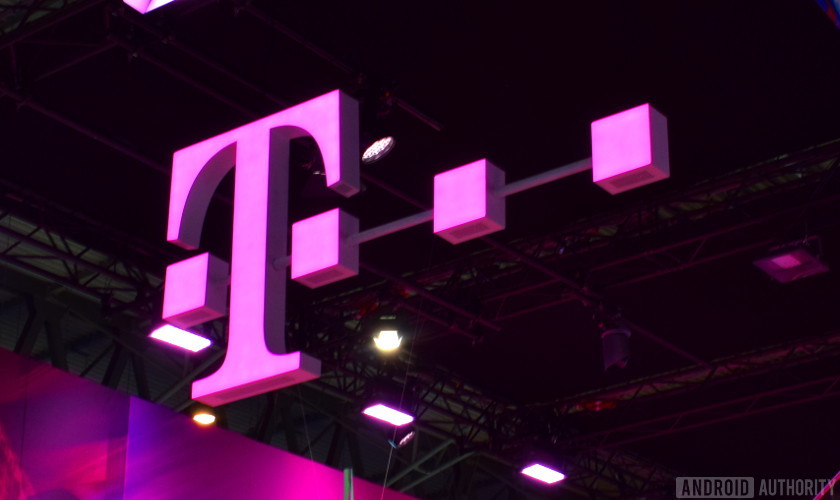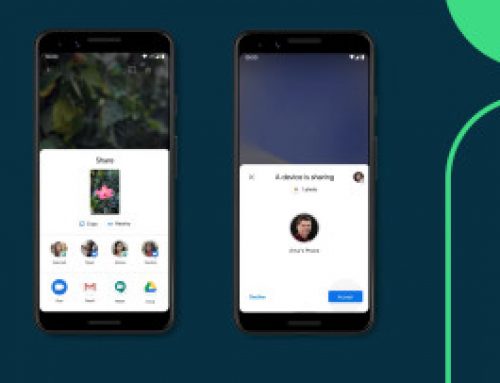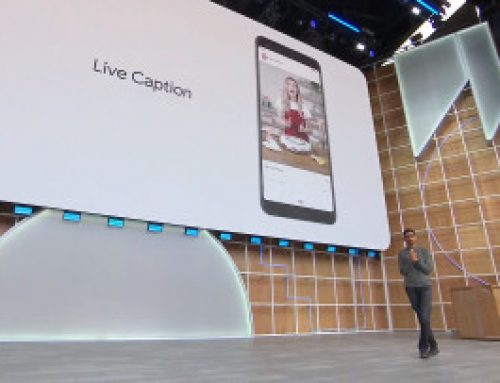
While tablets were once considered one of the hottest and fastest growing types of computing devices, this year we’ve seen numerous articles and reports talking about how tablets are no longer must-have items in 2014, largely due to the fact that smartphone screen sizes have grown too the point where the dual-device (tablet/phone) setup isn’t as necessary as it once was.
Our own Jonathan Feist has even refuted the idea of the death of tablets in more than one article earlier this year, which was followed by a poll that showed that while as many as 46% of our readers actively used their tablets, a growing number either found themselves using them less or had essentially given up on them altogether.
Now that we are a little over a third of the way through the year, we’d like to revisit the topic for this week’s Friday Debate. Is our tablet love affair truly over? Has the large-screened smartphone brought its death? Additionally, what can be done to make tablets more diserable and how often do you find yourself still using yours?
Join in the discussion below and answer in our poll!
Joseph Hindy
Personally, I think we’re asking the wrong questions. When you have two devices that more-or-less perform the exact same tasks, you don’t really need to carry around two devices. As it stands right now there really isn’t much of an advantage to carrying a tablet around. You can read news, play games, connect on social media, etc all on your phone just as easily as you can on your tablet.
Sure phones getting bigger has something to do with it. 5″ and larger devices are pretty good sized and I’ve found that I don’t mind even intense, cluttered games like Baldur’s Gate or XCOM on my 5.5″ Galaxy Note 3. My tablet gets used to store the extraneous stuff that I don’t want on my phone. Like my comic books (via ComiXology), my podcasts (via Pocket Casts), and my 4 lesser used email addresses (only my main 2 are on my phone). It’s become my Android overflow tool. When I install apps on my tablet, it’s because I want that application installed, but I don’t want it installed on my phone.
What the tablet needs is for Android to mature more. There are plenty of things people will only do on a larger screen. Video editing, photo editing (real photo editing), computer programming, graphics design, etc. Even things like clerical work and applications in fields like medicine could be added to make the tablet a good option. Why not have a large screened tablet in the surgery room to do stuff? The intensive tasks that are the reason things like laptops and desktops still exist. I think companies higher up have only focused on dealing with people who do nothing but listen to music, surf the internet, and browse social media. All those people can do that from their phone, so a tablet has always been a hard sell. Never mind that most people who do those things on a tablet currently own a tablet and unlike phones, people don’t feel the need to upgrade their tablet very often if it is still working.
So to answer the question: is the love affair dead? No, it’s taking a break to see other people, but it’s far from dead. When Android gets access to those kinds of tasks you need a larger screen for, people will be interested in tablets again. Until then, the phone and tablet usability landscape is exactly identical and since tablets aren’t as replaced as often as phones are, there are fewer and fewer people who can justify buying a tablet this year when the one last year (and in the case of the Nexus 7 2012, 2 years ago) still works perfectly fine.
Bottom line: Until tablets can mirror the functionality of personal computers (as opposed to mirroring the functionality of phones, like they do now), I think we’ll continue to see a disinterest in tablets. However, I do not think the love affair is dead, I just think people are waiting for the tablet to do something their phones cannot.
Gary Sims
My first smartphone had a 3.5 inch screen. It was great as a phone, for sending text messages, and for playing the occasional game. I tried using it for web browsing and for reading eBook, and while it was OK in an emergency, it was never going to be a “go to” device for these activities. So I bought a tablet, a 9.7 inch tablet. Great for web browsing, great for games, great for email.
But then 9.7 inches started seem to be just a little too big, not quite as portable as a 7 inch tablet. My phone went from being a 3.5 inch device to 4.3 inches and I bought a 7 inch tablet. My phone got bigger and my tablet got smaller.
Then I got a 5 inch phone and now I don’t use a tablet at all. I have tried using a 6 inch phone and while having the bigger screen brings back memories of using 7 inch tablets, the phone is just too big. It doesn’t fit in my pockets as neatly as a 5 inch device.
OK, I won’t bore you with any more of my buying habits. But the point is this, when smartphones were small they could never offer an alternative to tablets. Now that smartphones are larger they can be used as an alternative to tablets, maybe not quite as good, just a little sub-par, but still a workable alternative. So why would I spend the extra money on a tablet?
Having said all that, tablets are still very popular in our household. I am the only member of the family with a large screen smartphone, so the rest use tablets for browsing etc. Since the prices of tablets are coming down (I recently saw a nice 7 inch Samsung Galaxy Tab for only $150 in my local supermarket) then picking up a tablet for general family use isn’t a prohibitive as it once was.
Bottom line: people don’t want two devices when one will do, but tablets still have their uses.
Andrew Grush
A tablet? What’s that? Oh, you mean those strange smartphone-like contraptions that sit around the house collecting dust? Okay, to be fair, my 4-year-old loves playing with the Nexus 7 2013, but otherwise my Nexus 10 and Dell Venue 8 get very little use these days.
For myself, if I want a big-screen experience I turn to my touchscreen 15-inch HP laptop, and I even am able to comfortably utilize some of my favorite Android apps via Bluestacks. On top of this, I have the full power of Windows 8.1 and Ubuntu 14.04 for when I need a bit more oomph. As for when I want mobility, I turn to my Nexus 5. Sure, it’s not as big as a tablet, but it’s gorgeous 1080p display gets the job done. Even my wife almost primarily uses her 4.5-inch Moto G as her primary computing device, only turning to her laptop for situations where she needs something more.
Bottom-line, yes, for my wife and I the tablet love affair does seem to be over. That said, it’s still useful for the kids, though obviously we regulate how much they are able to use it.
But are tablet’s really dead? No, not really. They remain very useful for select types of businesses, schools, general education and have potential in medical and many other fields. Many everyday consumers also prefer them to a PC these days, and sometimes the 4.5 – 5.5-inch display on a phone just isn’t enough.
The reality is that things have slowed down in the tablet market, very likely due to the fact that the “fade/craze” period is in fact over. That doesn’t mean tablets are dead or dying, though. It simply means our relationship with them is changing.
Jonathan Feist
I cannot refute the numbers, I am a dying breed. I type this now from a Nexus 7 tablet. I have two laptops and two differing size phones all within arms reach, but this 7-inch tablet is the form factor that works best for me.
I have been, for the last month, attempting to offload many of the tasks I usually perform on the tablet over to a phone. I fully admit that there is absolutely nothing the tablet can do that the phones cannot, but I still prefer the tablet experience.
Perhaps I truly am outnumbered here, but I think the two device method is crucial. Maybe I am juggling too many jobs, web tools, email addresses and all that, but I find myself splitting tasks between devices, generally based upon which will require placing an actual phone call. I find it easiest to talk to someone on the phone while using the tablet to enhance the conversation – take notes, look up info, etc.
I must also admit that my use-case is only possible with a 7-inch tablet, I could not carry around anything larger. I imagine that larger tablets, with their reduced mobility, are prime candidates for dust collection. That is, until they offer resources that can replace a laptop. Android may actually be the problem here. I hate to say that, it makes me cry just a little bit, but I am afraid it is true. I recently purchased for my wife an Asus tablet, it is 10-inch, it docks to a keyboard and it boots into Windows 8. Ever since, unless running an Android specific app, I see her Nexus 7 and phone sitting off to the side as well.
Now that I’ve over described my world, I see I’ve said nothing to convince anyone that a tablet is better than a 5-inch or larger phone. And thanks to the aggressive pricing we are seeing on larger sized phones like the Nexus 5, Moto X and even more so, the OnePlus One, I cannot any longer make the argument that a decent phone and a decent tablet can both be had for half the price of a single phone.
Based on the prices, convenience, average usage habits and size, I see why sales are down for tablets. The current generation of tablets offer nothing compelling for users, except their form factor, a form factor that I truly enjoy. So, call me a dying breed, but the tablet stays in hand or in pocket wherever I go.
Note: There is a poll embedded within this post, please visit the site to participate in this post’s poll.





Leave A Comment